- Learning time
- 30 minutes
- First play time
- 90 minutes
A Castle for All Seasons
Designed by: Inka Brand,Markus Brand
In A Castle for All Seasons players are collaborating on building a castle for the king, whilst at the same time competing to earn the most victory points.
On the board the various elements of the castle are placed; there is a small removable piece for each part of the castle that is placed appropriately on the board. Each player has an identical set of cards, and play proceeds by each player playing a card – and revealing them simultaneously. Cards are then resolved in a particular order, and gain you different benefits: the Messenger gets you money, whereas the Trader allows you to get resources. The Stonemason and Bricklayer allow you to build parts of the castle (for points or money respectively) as do the less effective Workers (for half-points). Finally the Master Builder allows you to reclaim all played cards back into your hand and scores you five points per opponent who has built that round.
Only when you build in the castle are you allowed to add workers – wooden pieces – to the bonus places there. You have to pay for the privilege and more rewarding places cost more. These spots score you bonuses at the end of the game, and are crucial on the path to victory, so as well as game about canny card-play where turn order can be key, it has an additional level of strategy on the board itself.
The guru's verdict
-
Take That!
Take That!
Low - you can beat each other to the punch in various places on the board, and even remove pieces using the trader, but overall you're busy with your own issues.
-
Fidget Factor!
Fidget Factor!
Low. Everyone plays their cards at the same time, and actioning them is pretty fast. There may the odd lull while someone chooses, however.
-
Brain Burn!
Brain Burn!
Low-ish. You can only construct parts of the castle with mixed resources, but it's fairly easy to get hold of these.
-
Again Again!
Again Again!
Once you know it A Castle for All Seasons is not a long game, and plays quickly.

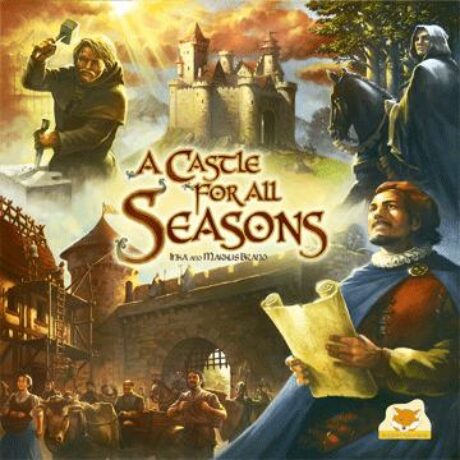
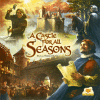
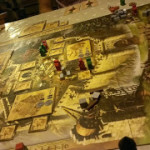
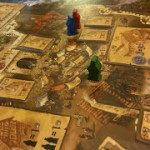
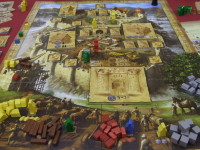
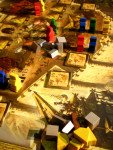
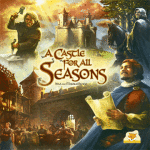


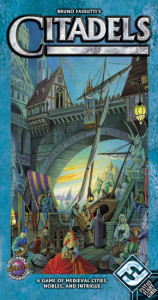
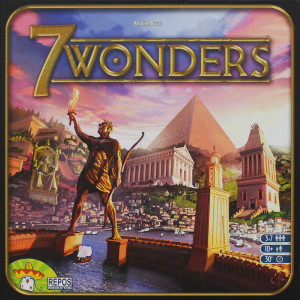
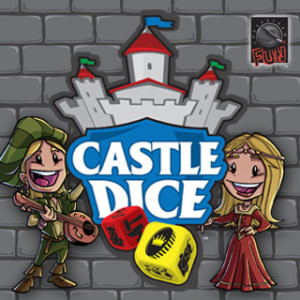
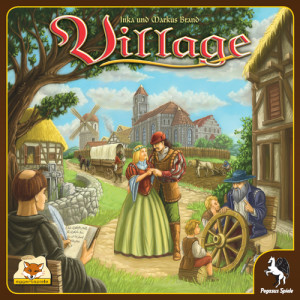
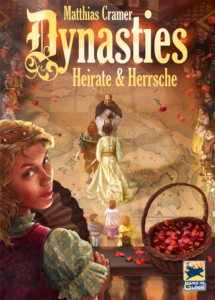
Sam says
I like the theme of castle-building and I enjoy the simultaneous card-play, which allows for some hunches and second-guessing. But one of the buildings on the board feels overly powerful in terms of endgame scoring, and to me the game can feel slightly repetitive. I think Concordia does cardplay better and these designers' own game Village is more interesting in offering a variety of strategies.